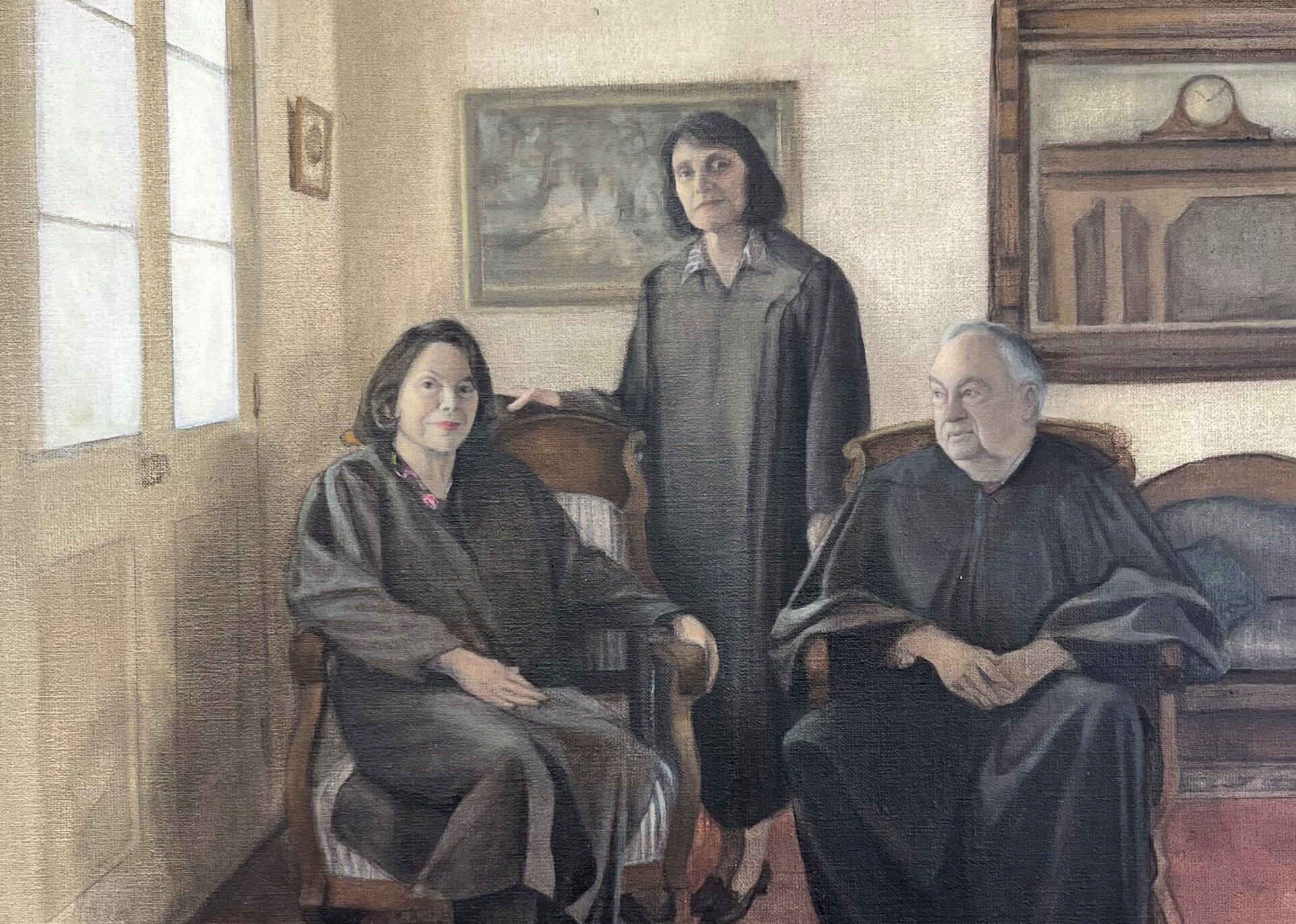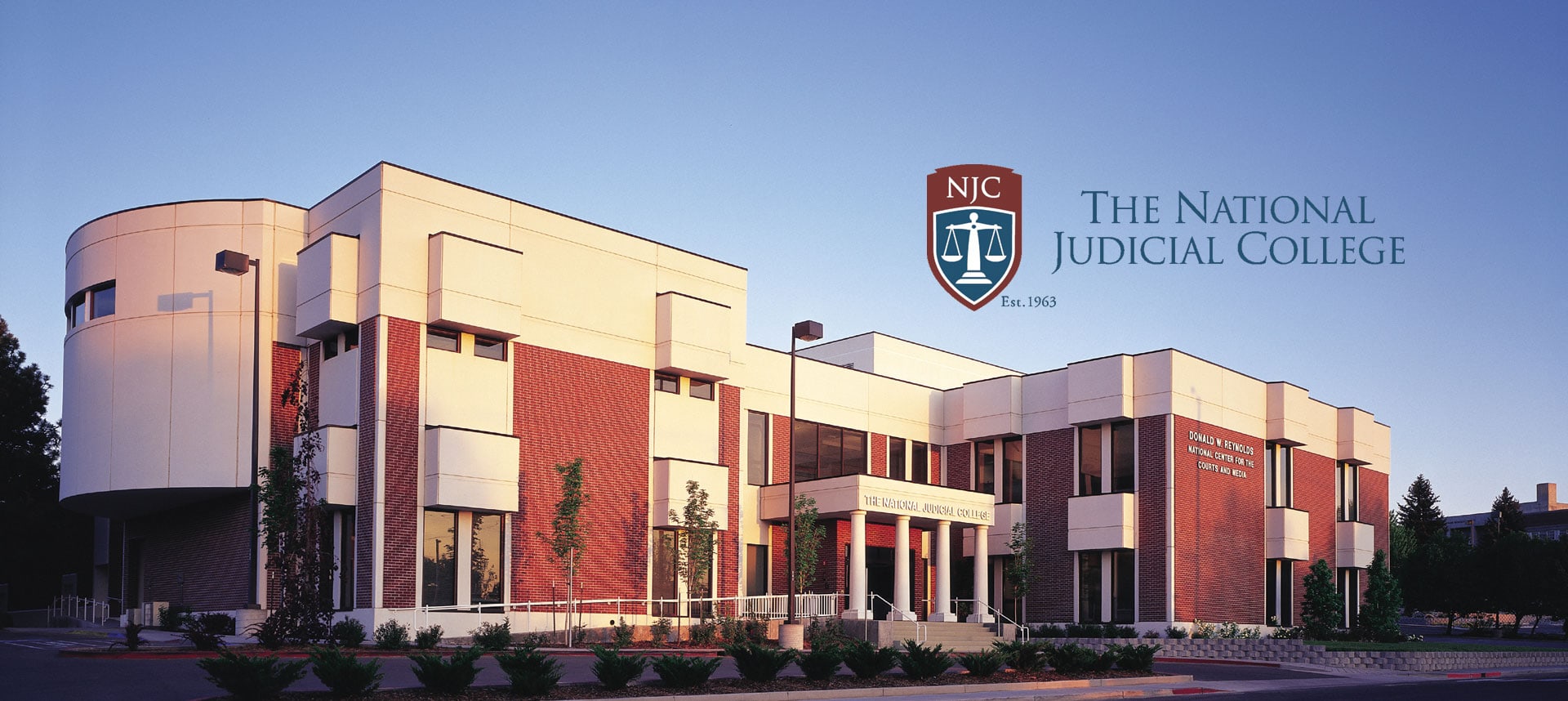
All states have a “lemon law” that protects consumers who purchase cars or other goods that are always breaking and can’t seem to be fixed.
Louisiana has the Lemmons – two M’s – of law, who might be to the legal profession in Louisiana what the Barrymores or the Fondas are to acting or the Mannings to quarterbacking. Exemplary professionals.
The patriarch of this legal lineage, James P. Vial, was the son of a sheriff in rural Hahnville, Louisiana, on the Mississippi River about 20 miles west of New Orleans. He grew up on a farm in the early 20th century and supposedly longed for a career that would not require him to milk cows.
After graduating from Loyola University Law School in New Orleans in 1935, he became a country lawyer. Which in those Great Depression days near the Gulf of Mexico usually meant bartering his legal services for whatever his clients could afford: vegetables, shrimp, crabs, frog’s legs.
James’s daughter Mary Ann Vial Lemmon became a lawyer and then a district court judge in Hahnville’s St. Charles Parish and St. John the Baptist Parish. In 1996 she was nominated by President Clinton and was confirmed by the Senate to the U.S. District Court for the Eastern District of Louisiana. At 81, she’s still on that bench, now in senior status.
Back when she was an undergrad at Loyola in the early 1960s, she met Harry T. Lemmon, an ex-G.I. 11 years her senior. Harry was enrolled in Loyola Law School under the G.I. Bill. She joined him at Loyola Law and they married. They had six children in six years, three of them while she was still in law school. And she still managed to graduate second in her class.
“She was granted an exception to take the bar exam two months early because of the due date for my younger sister,” says the second of the three law-school babies, Lauren Lemmon.
As for Harry Lemmon, after only seven years in private practice and having never been a trial judge, he was elected to the Louisiana Circuit Court of Appeals in 1970. In 1980 was elected to the Supreme Court of Louisiana, where he served until 2001. He practiced appellate advocacy until 2015. He is now 92 and retired.
In her practice, Judge Vial Lemmon says she managed to focus her caseload on adoptions and other matters that weren’t going to take her away from her family for long periods.
“I made sure that I had time to do what only I could do. Anybody could try a lawsuit, but not anybody could raise our children.”
In 2008, Lauren Lemmon was elected a district court judge in Louisiana’s St. Charles Parish, taking the seat held from 1981 to 1996 by … her mother.
Judge Lauren Lemmon says of her parents’ legal accomplishments while raising six children, “I used to look at them and say how did they do all of this?”
While on the Supreme Court, Justice Lemmon taught a class at Loyola Law that started 7:30 a.m. because he had to be at the Supreme Court by 9. The only compensation he received was a potential tuition benefit for his children. This paid off, as four of the six Lemmon-Vial offspring have pursued legal careers. And, yes, all four earned their law degrees from Loyola.
The year after his election to the appellate court, Judge Harry Lemmon traveled to Reno to study General Jurisdiction at the NJC. The entire Lemmon clan came along, including all six children. Lauren was 7 years old. The youngest turned 3 during the course.
Back then GenJur was a month long and the families lived together in a dorm on campus. Judge Vial Lemmon recalls the Lemmons bonding with another judge who had come to The National Judicial College with his wife and five children.
“The Sparks Y would send a bus over and pick up the kids to go to day camp,” she says.
Judge Vial Lemmon never returned to take GenJur herself – too many family and court responsibilities, she says. But she managed to absorb valuable knowledge anyway.
“It was a good introduction to me. I kind of listened in to some of the sessions,” she says. “I can remember sitting up on one of the roofs at the university and drinking maybe a couple of adult beverages while we had good sessions on best practices, so I kind of eavesdropped on a lot of those sessions, and it was an eye-opener for (both of) us because it was a new perspective.”
She had a different kind of eye-opening experience a decade later when she took the district court bench in St. Charles Parish.
“The hardest challenge for me was when I was first elected. I did not have a lot of criminal law experience and my docket had three death penalty cases requiring retrial on the penalty phase. I ended up having to hear five death-penalty cases in a row.”
All of them were jury trials, and under Louisiana law, that left the responsibility for imposing the death penalty in the hands of the jury, not the judge.
One of the five cases would later be immortalized in the book “Dead Man Walking” by Sister Helen Prejean. The bestseller was later adapted into an Academy Award-winning movie of the same name starring Susan Sarandon and Sean Penn. It tells the story of Sister Helen (Sarandon) serving as a spiritual adviser to one of the death-row inmates.
In her book she was highly critical of the local bishop for sending a representative from the archdiocese to testify in court that the Catholic church took no position in opposition to the death penalty. The implication was that this may have eased the conscience of jurors in heavily Catholic Louisiana, leading to the imposition of a death sentence.
“But the jury that sentenced him to death did not hear that testimony (from the archdiocese) because I excluded it,” she says.
All three Lemmons have enjoyed distinguished judicial careers. Justice Harry Lemmon co-founded the Louisiana Judicial College, and during his tenure the Supreme Court adopted continuing legal education requirements for judges. He was known as a swing vote on the seven-justice court and could never be pegged as either as a liberal or conservative justice, his daughter says.
Judge Vial Lemmon, as chair of the Conference on Federal Judges, produced numerous education programs. Among her many other honors, in 2022 she received Loyola University’s Integritas Vitae (“life of integrity”) Award. Previous winners include Mother Theresa.
Judge Lauren Lemmon, an 11-time alumna of the College, is now an NJC faculty member. She debuted by teaching a section of General Jurisdiction on mindfulness for judges in spring 2023.
She says her parents were wonderful exemplars of what the College teaches a judge to be.
“The greatest thing I learned from my parents as judges, and as people, is humility – that there’s something greater than myself…. It’s so wonderful to have been raised with such integrity and humility.”
It is clear that the three Lemmons are proud of each other and continue to reaffirm that in interacting with each other.

The Hon. Mary-Margaret Anderson (Ret.), a retired administrative law judge with the California Office of Ad...

Happy October, Gaveliers faithful. Are you loving this or what? No one believed a team made up of judges...


Hon. Diane J. Humetewa, the first Native American woman and the first enrolled tribal member to serve as a ...

Retired Massachusetts Chief Justice Margaret H. Marshall has been selected as the 2024 winner of the presti...